There’s no such thing as a perfect parent.
Being a trauma informed foster or adoptive parent can be hard work. As a parent raising a child with a trauma history, we can easily beat ourselves up for not being able to do the “hard work” perfectly all the time. We often judge ourselves according to our child’s behavior rather than the progress we are making to change ourselves and the way we parent.
One of my mentors taught me the saying, “There’s no such thing as a perfect parent. Only a growing one.” I love this saying because it’s true. The goal is not to be a perfect parent. Sadly, it took me years to realize this. I beat myself up for not measuring up. All my negative thoughts about myself, my child, and my parenting skills left me depressed, ashamed, and resentful. For a long time, I thought the goal was to be perfect. Perfect parents don’t fail. Perfect parents don’t feel stress or shame. Perfect parents get it right ALL the time! FYI – Perfect parents don’t exist.

Who gets it right 100% of the time? It’s impossible! Human error is part of life. We all do things at times that we don’t intend or regret. Especially if you are raising a child who experienced early childhood trauma. The stress gets to us. We’ve all messed up; said no when we should’ve said yes, corrected when we should’ve connected, ignored triggers, yelled, and escalated things by our actions.
So if the goal isn’t to be perfect, what is it? Practice. Practice means progress, not perfection. I’ve grown to cringe when I hear the phrase, “Practice makes perfect.” We’ve probably all grown up with that saying. But it’s just not true. Practice doesn’t make us perfect parents, it makes us growing parents. So the goal is to be a practicing parent, not a perfect parent.
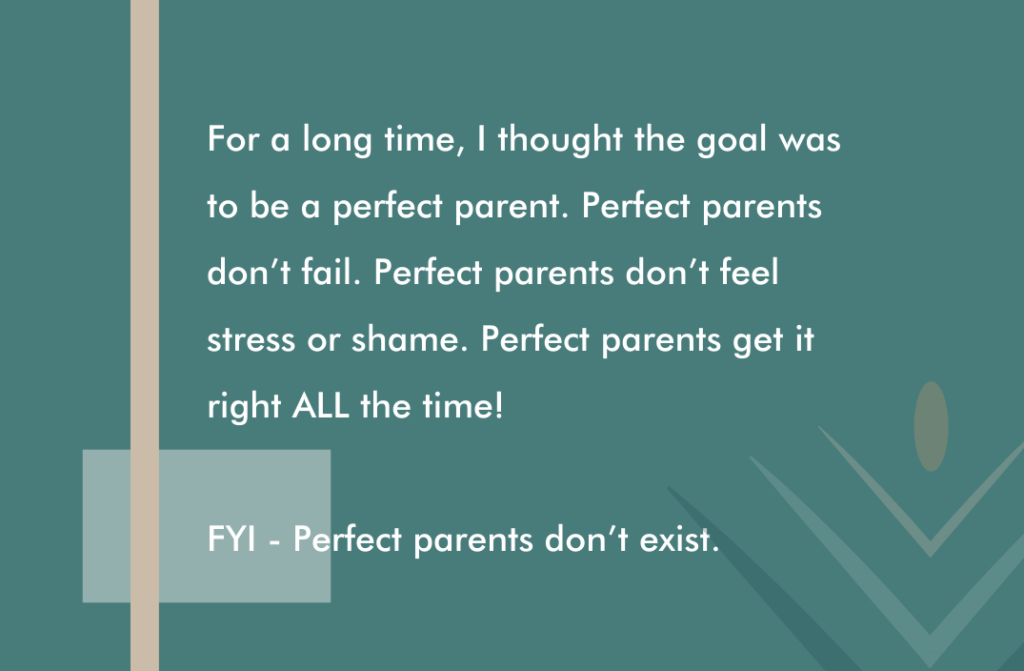
Practicing parents try.
Practicing parents fail.
Practicing parents say sorry.
Practicing parents feel shame and they forgive themselves and keep practicing.
How do you practice parenting? Learn trauma-informed parenting techniques and then apply them. You will figure out what works, and what doesn’t. You will become aware of your triggers, pay attention to them and figure out the why behind each of your triggers. Practice making changes to the way you think about your circumstances, your child, and their behavior. It takes time to reframe your thoughts but become intentional about it. Your thoughts cannot stay the same when you practice awareness and intentionality. Being aware of and intentional about your thoughts and behaviors IS practicing. It’s also “rewiring” your brain.
Psychologist, Donald Hebb, figured out that “neurons that fire together wire together.” Basically, this means, that when we activate our neural pathways in the brain, by a thought, feeling, or action we begin to set up experiential patterns of response in our brain. “What fires together, wires together” is often used in trauma-informed parent training to explain how the habitual patterns of reactivity (fight or flight) formed in our children’s brains. Due to their repeated experiences of abuse or neglect their brains “wire” into a hyper-developed fight or flight mode. However, the Hebbian Theory can work in our favor too. When we intentionally practice new ways of thinking, responding, and feeling, we are developing new neural pathways.
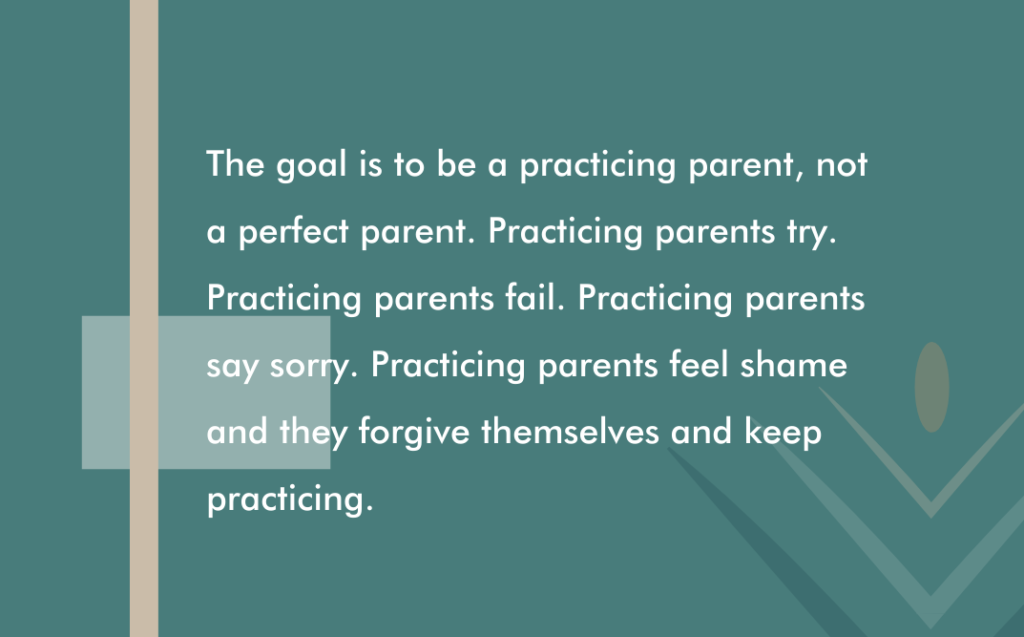
Practice is progress.
Dr. Kayrn Purvis says in The Connection: Where Hearts Meet (a DVD series), that developing a new neural pathway is like hacking through a jungle with a machete. It takes time. She also illustrates that our old neural pathway is like a five-lane highway, in that it’s easy to get on and off. This can be why we fail and why it takes time and practice to grow as a parent.
So next time you mess up, admit it, reflect on it and move on.
Practice reframing your thoughts about yourself and your child. In time this new way of thinking will become your new normal and your old way of thinking will diminish, like an abandoned highway left to grow weeds. Remember there’s no such thing as a perfect parent. We are growing parents because we are practicing parents. Every time we intentionally act, think or feel a new way we are changing the neural landscape of our minds. Progress is progress no matter the time it takes. Progress, not perfection is our goal.
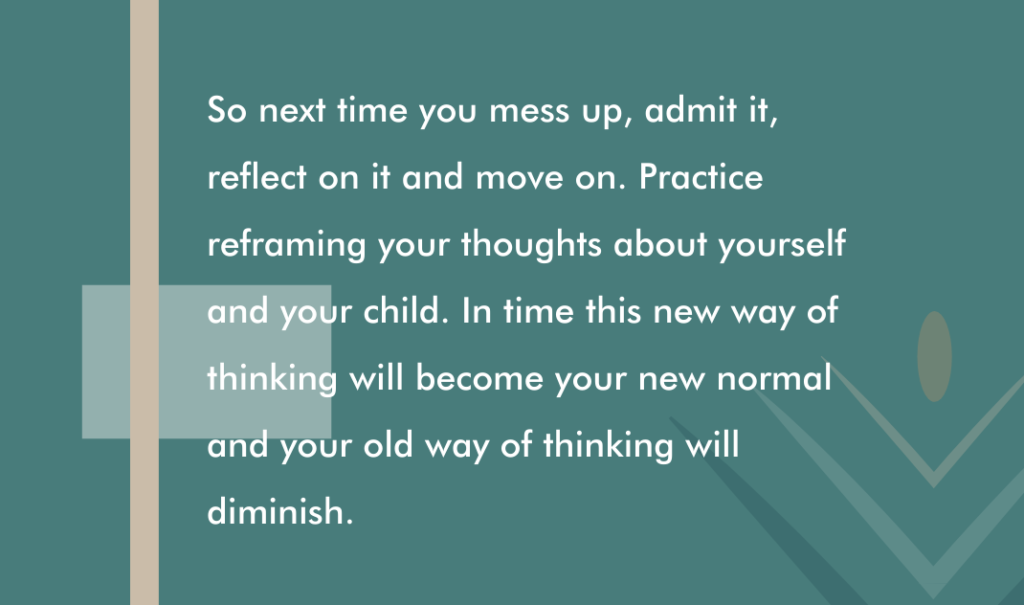


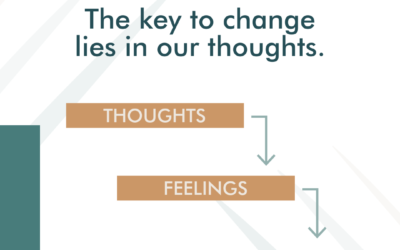
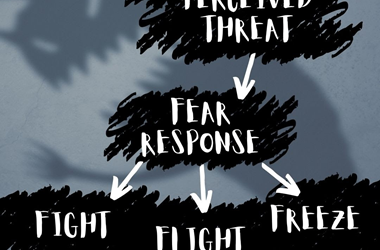
0 Comments